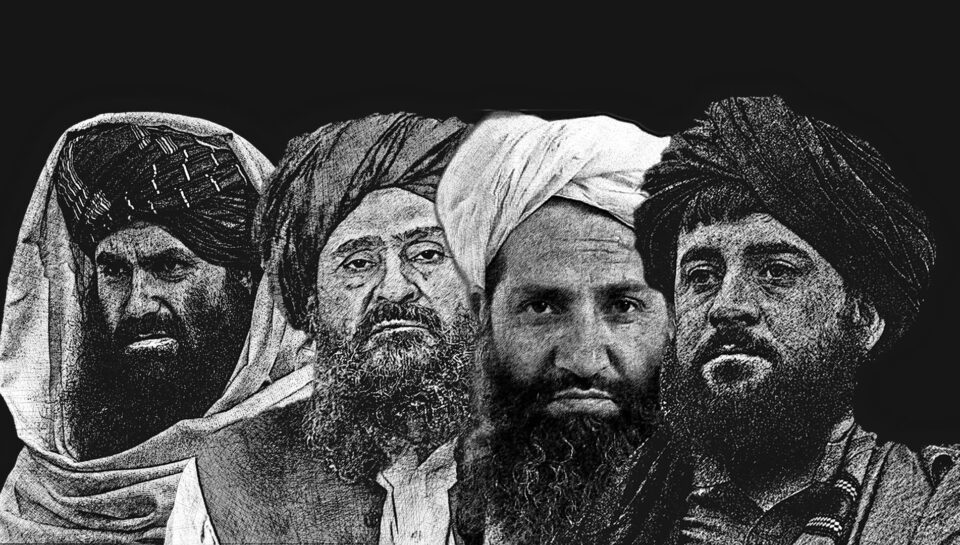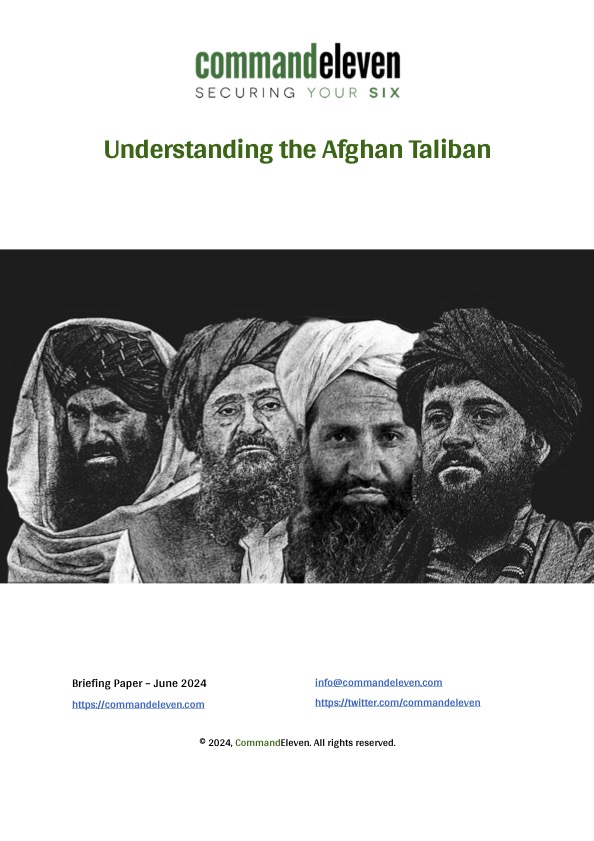Executive Summary
The Kandahari Faction of the Taliban has often been overshadowed by other factions and militant groups, but its relevance in shaping the Afghan insurgency and regional geopolitics cannot be understated. While most focus on the Taliban as a monolithic entity, or pay particular attention to the Haqqani Network due to its operational audacity, the Kandahari Faction represents a unique amalgam of ideological resilience, military capability, and strategic diplomacy that has long-lasting implications for peace and security in Afghanistan and beyond. This paper aims to provide a comprehensive analysis of this often-overlooked faction within the Taliban, tracing its ideological underpinnings, internal complexities, and strategic implications for the region.
THE GENESIS AND EVOLUTION: FROM KANDAHARI ROOTS TO REGIONAL INFLUENCE
Originating primarily from the southern province of Kandahar, the Kandahari Faction has historical and geographical roots that give it a distinct identity. It evolved from the initial Taliban movement of the 1990s, which itself was a reaction to the anarchy and warlordism that plagued Afghanistan after the Soviet withdrawal. Kandahar, being a traditional seat of power and a spiritual homeland for the Pashtuns, provided fertile ground for the Taliban to grow under the leadership of Mullah Omar.
Over the years, the Kandahari Faction solidified its control over significant territories in southern Afghanistan, including major districts in Kandahar, Helmand, and Uruzgan provinces. Its influence extended into the drug trade, earning revenue from poppy cultivation, and even into the realm of quasi-state governance by establishing Sharia courts and administrative systems.
IDEOLOGICAL FRAMEWORK: A BLEND OF PASHTUNWALI AND DEOBANDI INTERPRETATIONS
The ideological fulcrum of the Kandahari Faction lies in its interpretation of Islam, colored deeply by traditional Pashtun social codes, often referred to as Pashtunwali. This gives it a distinctive character when compared to other Taliban factions or jihadist entities.
The faction follows the Deobandi school of Islamic jurisprudence, stressing a rigorous interpretation of Sharia law, but also places significant importance on Pashtun cultural norms like tribal loyalty, hospitality, and revenge (Badal). This blend provides the faction with both ideological rigor and social capital, enabling it to generate significant support at the grassroots level.
INTERNAL DYNAMICS: FACTIONALISM AND POWER CENTERS
Within the broader umbrella of the Taliban, the Kandahari Faction itself is not a monolithic entity.
Several sub-factions and influential commanders vie for power, resources, and ideological prominence.



